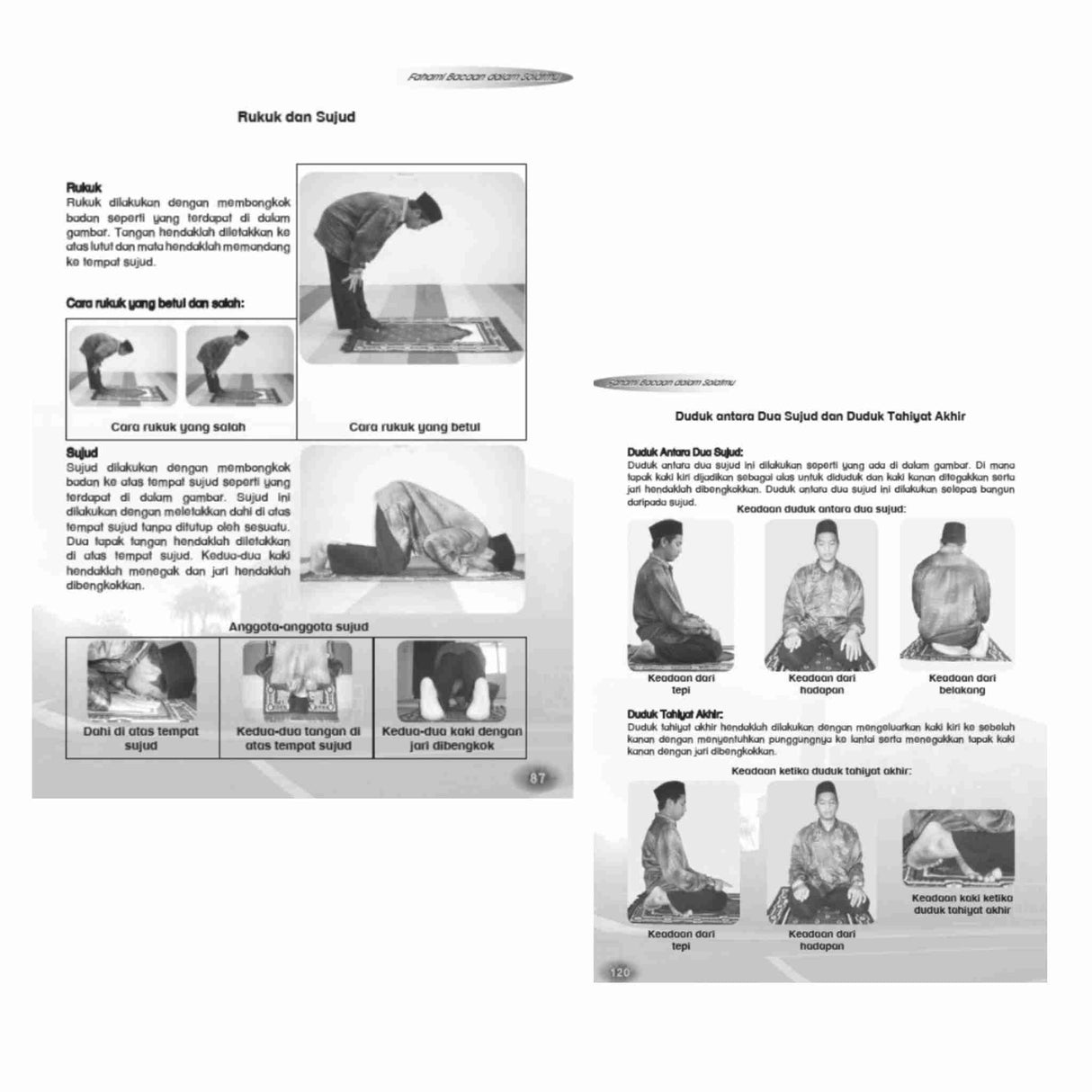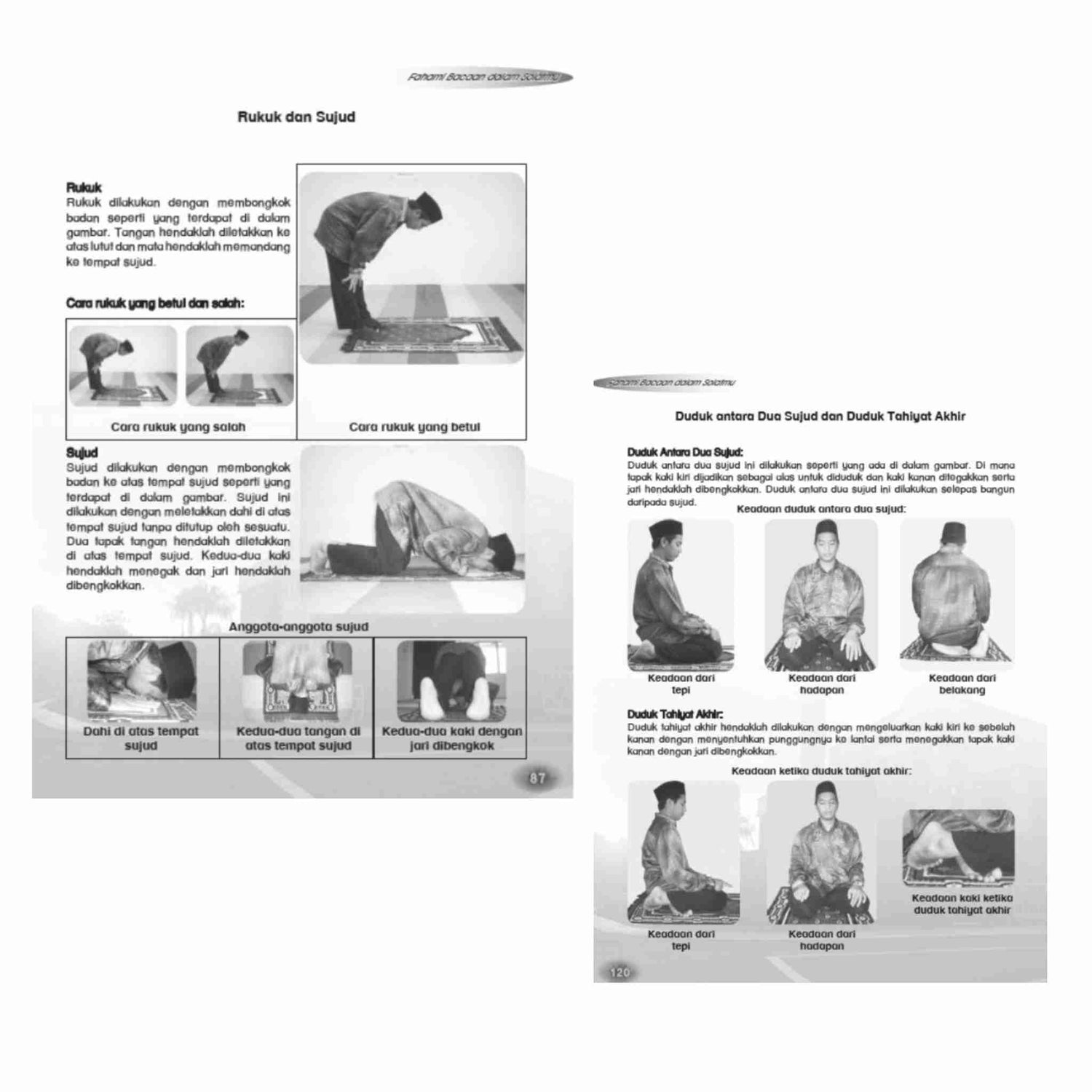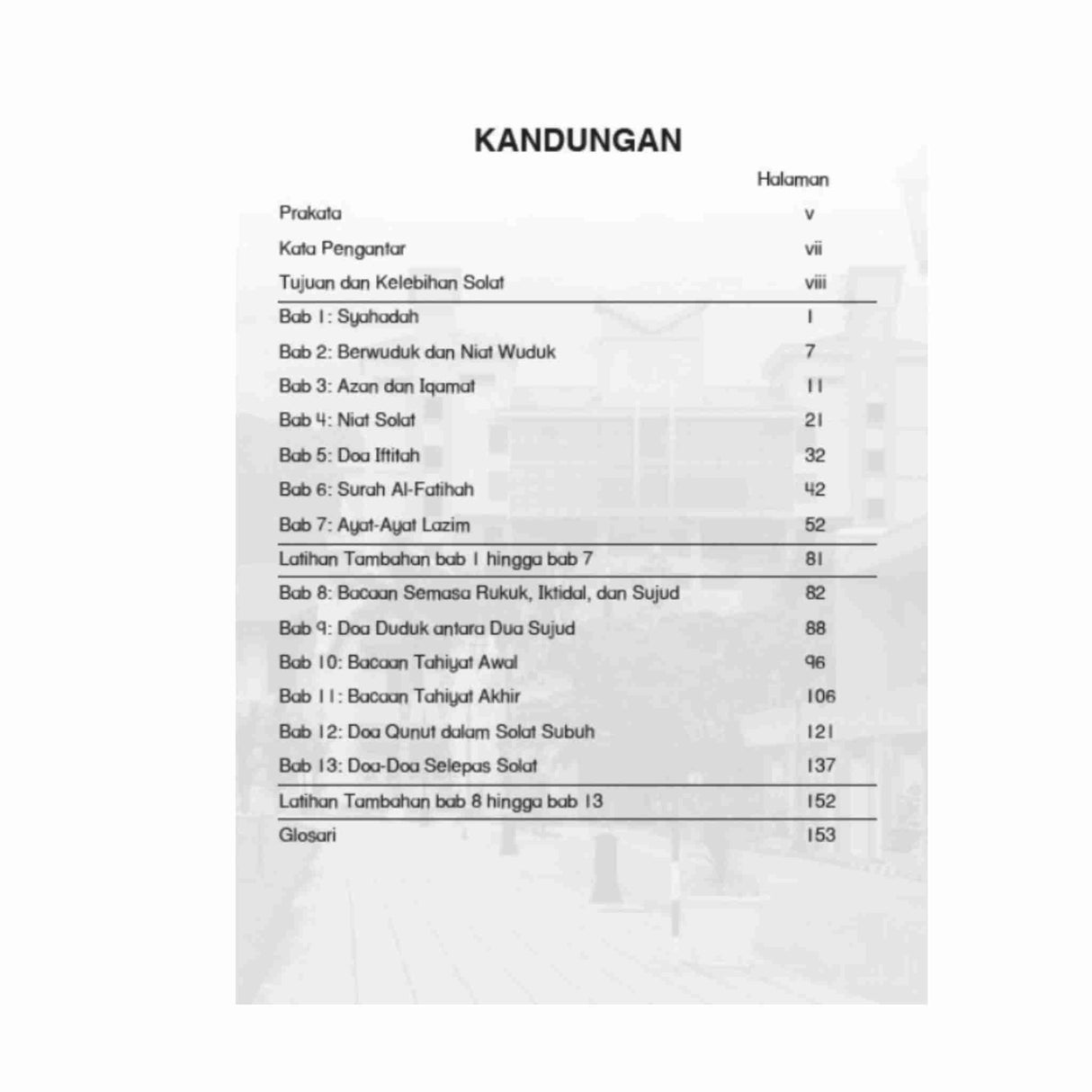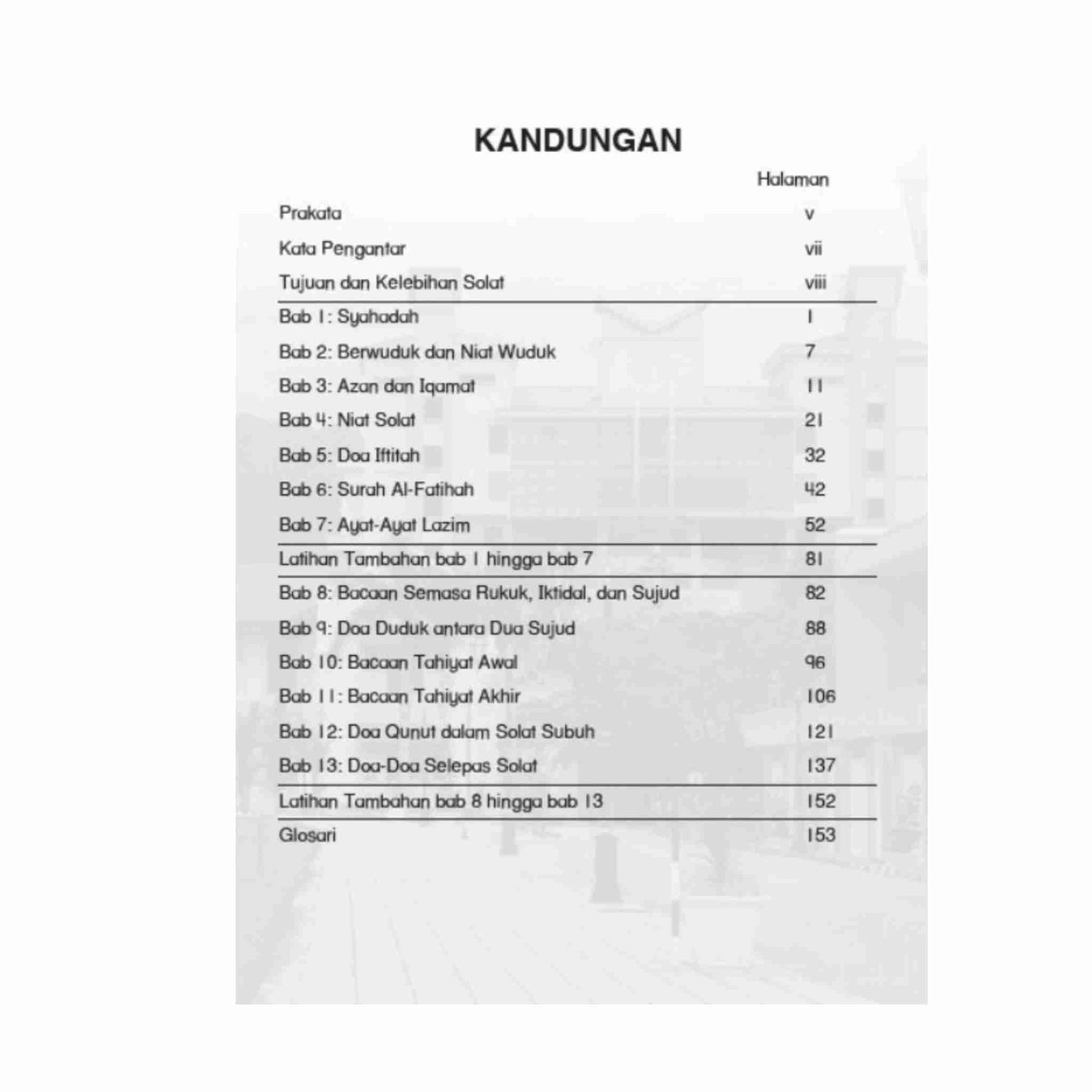The Noon Prayer
The Quran provides guidance on various aspects of Salah (prayer), including its importance, proper execution, and the significance of maintaining a balance between supplication and charity. This article explores verses from Surah Al-Isra and Surah Maryam that delve into these profound concepts.
Key Takeaways:
-
Allah's Many Names: Surah Al-Isra (17:110) emphasizes that Allah (SWT) can be referred to by various names, highlighting His diverse attributes.
-
Moderation in Prayer: The Quran advocates for a moderate tone during Salah, neither too loud nor too secretive, fostering humility and focus.
-
Importance of Salah & Zakat: Both Jesus (AS) and Abraham (AS) were commanded to observe Salah and give Zakat, underscoring the significance of these acts throughout prophetic history.
The verse Surah Al-Isra (17:110) emphasizes the idea that God can be called by various names, and believers can use names like "GOD" or "Most Gracious" to refer to Him. The emphasis is on recognizing and acknowledging the different attributes and names of God.
Regarding the tone of the Prayers (Salah), the guidance is to neither utter them too loudly nor too secretly but to use a moderate tone. This moderation reflects the balanced and composed nature of the prayer, which is a central act of worship in Islam. It's a personal and intimate communication with God, and the recommended moderate tone is a way of maintaining humility and focus during the prayer.
In the context of Prophet Jesus (Isa), the verse Surah Maryam (19:31) mentions that he was blessed wherever he went and was enjoined to observe the Prayers (Salah) and give the obligatory charity (Zakat) for as long as he lived. This emphasizes the continuity and importance of these acts of worship.
Similarly, the verse Surah Maryam (19:55) highlights that Prophet Abraham (Ibrahim) used to enjoin his family to observe the Prayers (Salah) and give the obligatory charity (Zakat). This reflects the prophetic tradition of emphasizing the importance of prayer and charity as fundamental aspects of a believer's life.
The Verses:
- Surah Al-Isra (17:110): Explains the significance of Allah's diverse names and how they reflect His attributes.
- Moderation in Salah: Discusses the reason behind the Quran's guidance on maintaining a moderate tone during prayer.
- Surah Maryam (19:31 & 19:55): Highlights the emphasis placed on Salah and Zakat in the lives of prophets, demonstrating their fundamental importance in Islam.
Enhance your understanding of the prayers and deepen your connection during Salah with the insightful guide Fahami Bacaan Dalam Solatmu.
The Significance of Prayer and Charity:
- Spiritual Connection: Explain how Salah fosters a deep connection with Allah (SWT).
- Selflessness & Social Responsibility: Discuss how Zakat cultivates generosity and a sense of responsibility towards those in need.
Explore more profound insights and reflections on Versus from the Quran related to Salah by visiting our collection of dedicated articles.
Frequently Asked Questions:
Q: What are some of the beautiful names of Allah mentioned in the Quran?
A: Some common names include Ar-Rahman (The Most Gracious), Ar-Rahim (The Most Merciful), Al-Malik (The King), Al-Quddus (The Holy One).
Q: Why is moderation important in prayer?
A: A moderate tone helps maintain focus, humility, and avoids potential disruption to others.
Q: Besides Salah and Zakat, what are other important acts of worship in Islam?
A: Other key practices include Shahadah (testimony of faith), fasting during Ramadan, and Hajj (pilgrimage to Mecca) if able.
Q: How can I learn more about the lives of the prophets mentioned in the Quran?
A: There are many resources available, including books, articles, and lectures that explore the stories and teachings of the prophets.
Q: Are there specific resources to help me learn the proper way to perform Salah?
A: Yes, many guides, tutorials, and videos can guide you through the steps and postures of Salah.


















